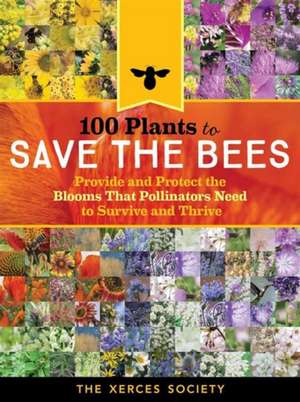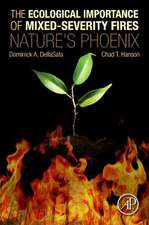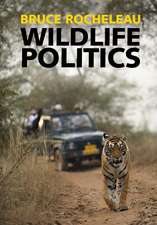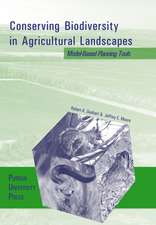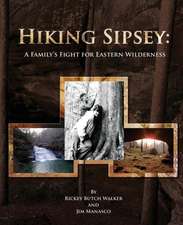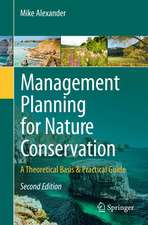100 Plants to Save the Bees: Provide and Protect the Blooms That Pollinators Need to Survive and Thrive
Autor The Xerces Societyen Limba Engleză Paperback – 26 dec 2016
Preț: 80.33 lei
Preț vechi: 102.48 lei
-22% Nou
Puncte Express: 120
Preț estimativ în valută:
15.38€ • 16.71$ • 12.92£
15.38€ • 16.71$ • 12.92£
Carte disponibilă
Livrare economică 31 martie-14 aprilie
Livrare express 14-20 martie pentru 52.70 lei
Preluare comenzi: 021 569.72.76
Specificații
ISBN-13: 9781612127019
ISBN-10: 1612127010
Pagini: 240
Dimensiuni: 152 x 202 x 20 mm
Greutate: 0.5 kg
Editura: Storey Publishing LLC
ISBN-10: 1612127010
Pagini: 240
Dimensiuni: 152 x 202 x 20 mm
Greutate: 0.5 kg
Editura: Storey Publishing LLC
Textul de pe ultima copertă
Plant for Pollinators
The first simple step toward protecting our pollinators is to provide the flowers they need, using no pesticides. With abundant native wildflowers, your task is even simpler: don't mow them down! This field guide identifies the plants that honey bees and native bees - as well as butterflies, moths, and hummingbirds - find most nutritious, including flowers, trees, shrubs, herbs, and pasture plants. With guidance from the Xerces Society, the global authority on insects and other invertebrates, you can turn your backyard, farm, or commumity into a thriving pollinator habitat.
Each plant profile includes which pollinators visit the plant, the quality of honey the nectar produces, when it blooms, how best to use it in the landscape, planting tips, and spectacular photography.
The first simple step toward protecting our pollinators is to provide the flowers they need, using no pesticides. With abundant native wildflowers, your task is even simpler: don't mow them down! This field guide identifies the plants that honey bees and native bees - as well as butterflies, moths, and hummingbirds - find most nutritious, including flowers, trees, shrubs, herbs, and pasture plants. With guidance from the Xerces Society, the global authority on insects and other invertebrates, you can turn your backyard, farm, or commumity into a thriving pollinator habitat.
Each plant profile includes which pollinators visit the plant, the quality of honey the nectar produces, when it blooms, how best to use it in the landscape, planting tips, and spectacular photography.
Notă biografică
The Xerces Society is a nonprofit organization based in Portland, Oregon, that protects wildlife through the conservation of invertebrates and their habitat. Established in 1971, the Society is at the forefront of invertebrate protection worldwide, harnessing the knowledge of scientists and the enthusiasm of citizens to implement conservation programs. They are the authors of 100 Plants to Feed the Bees, Farming with Native Beneficial Insects, and Attracting Native Pollinators.
